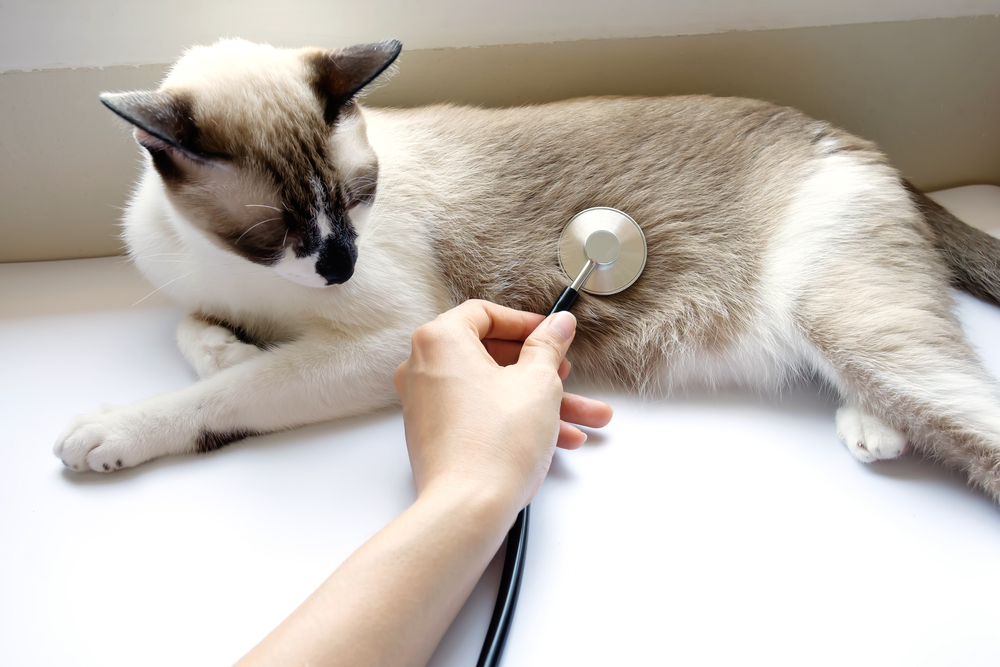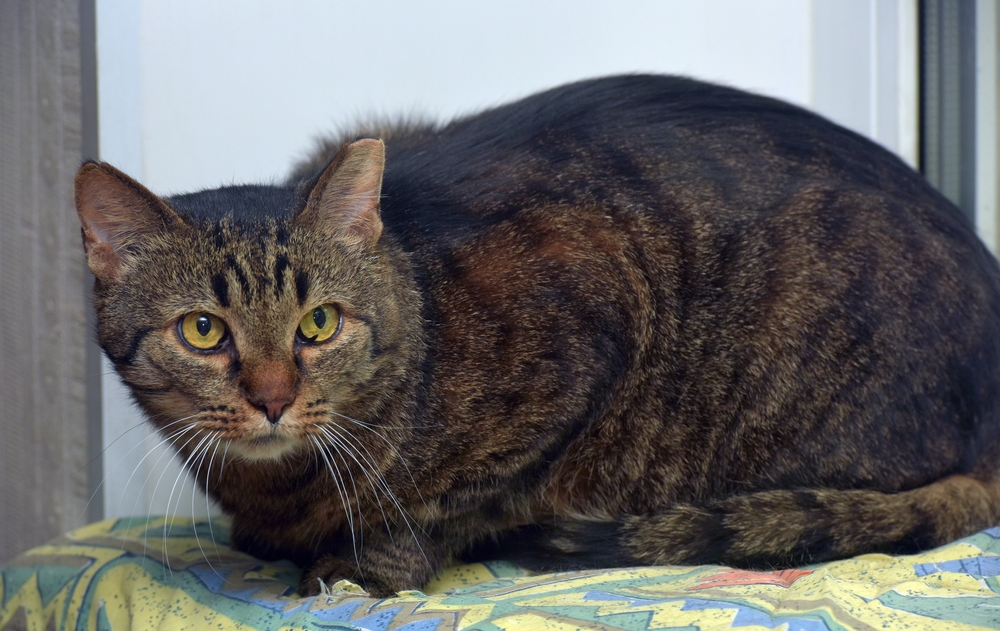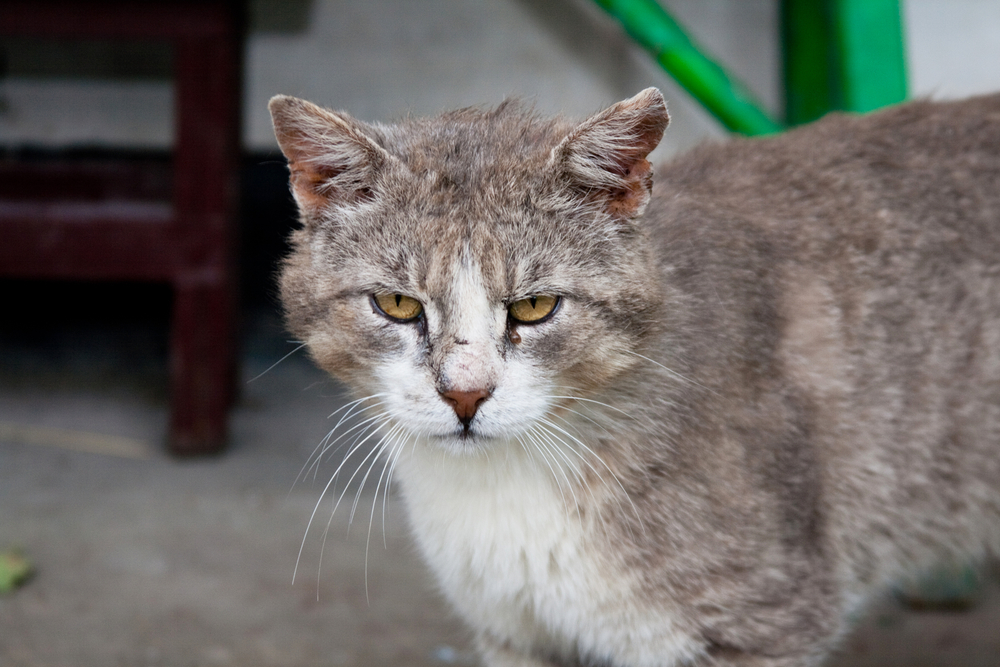
National Feral Cat Day: Unveiling Common Diseases Found in Feral Cats
In a world where cat ownership brings immeasurable joy and companionship, there’s a growing concern that often lurks in the shadows: feral cats. National Feral Cat Day serves as a stark reminder of the challenges these wild felines face every day. Unlike our pampered pets, feral cats brave the harsh realities of the streets, battling not only the elements but also various diseases that threaten their well-being.
The Growing Concern for Feral Cats
Every cat, whether domesticated or feral, deserves a chance at a healthy life. Feral cats, however, face unique challenges due to their lack of human care. With National Feral Cat Day upon us, it’s crucial to shed light on the diseases that commonly afflict these untamed creatures. Understanding these ailments not only raises awareness but also emphasizes the importance of responsible cat ownership.
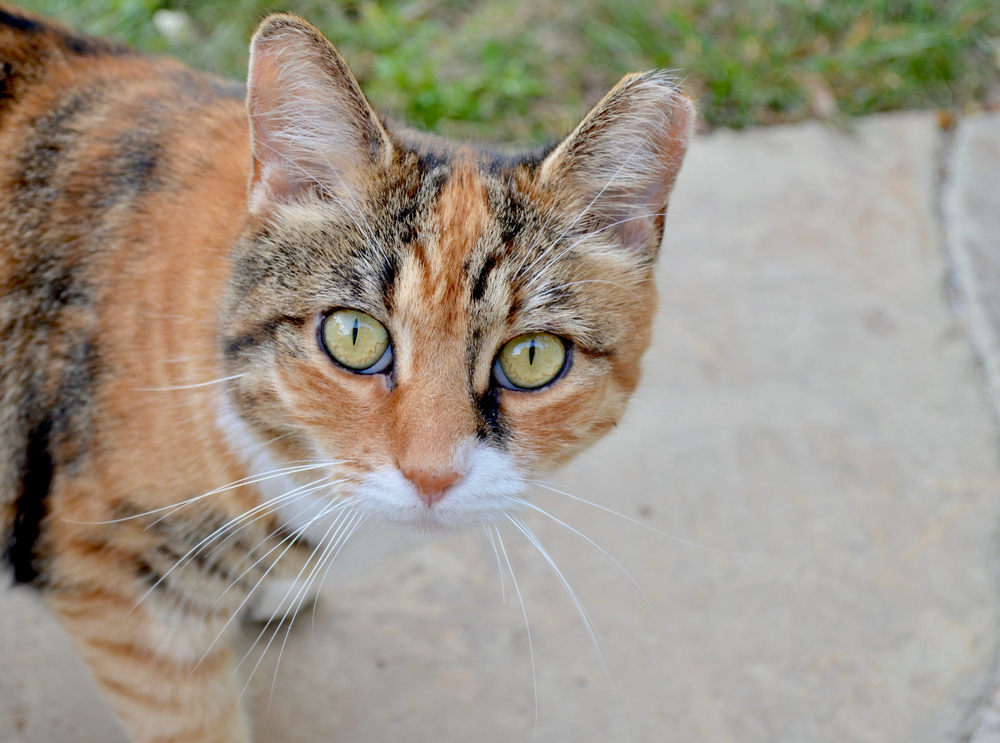
The 5 Most Common Diseases Found in Feral Cats
1. Feline Immunodeficiency Virus (FIV)
FIV weakens a cat’s immune system, leaving them vulnerable to various infections. Feral cats, often engaged in territorial fights, are at a higher risk of contracting FIV through bite wounds.
2. Feline Leukemia Virus (FeLV)
FeLV impairs a cat’s immune system and can lead to severe anemia or lymphoma. Feral cats, frequently in contact with other infected cats, are prone to contracting this highly contagious disease.
3. Upper Respiratory Infections
Feral cats exposed to harsh weather conditions and poor nutrition often suffer from upper respiratory infections caused by viruses like herpesvirus and calicivirus. These infections can lead to severe breathing difficulties and eye issues.
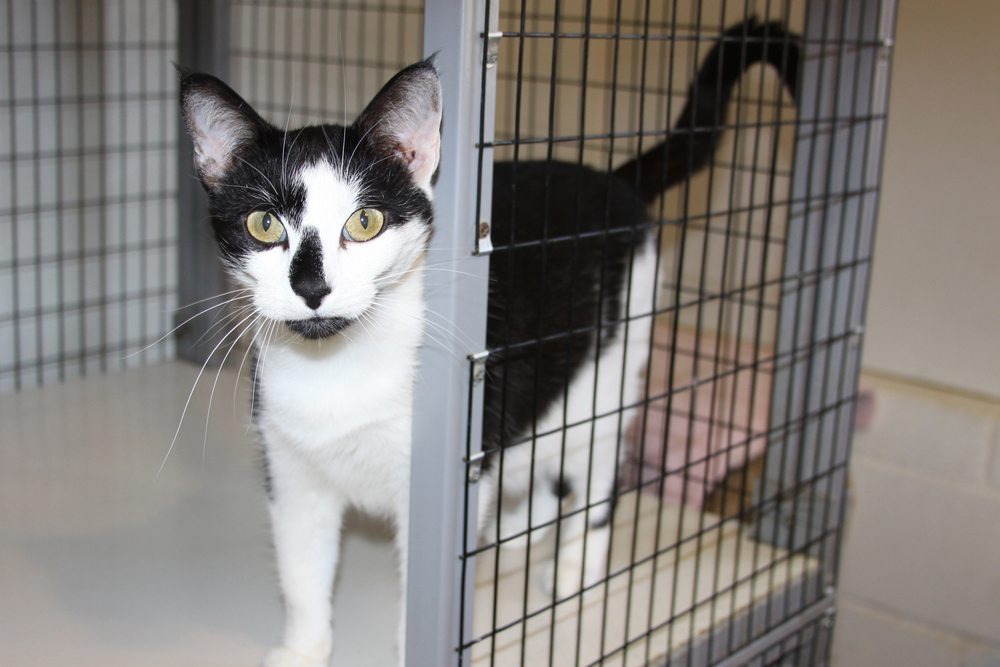
4. Parasitic Infestations
External parasites like fleas, ticks, and mites are common problems among feral cats. These pests not only cause discomfort but can also transmit various diseases, further compromising the cat’s health.
5. Gastrointestinal Issues
Feral cats frequently scavenge for food, leading to the ingestion of contaminated or spoiled food. This, coupled with the absence of regular deworming, makes them susceptible to gastrointestinal problems caused by worms and other parasites.
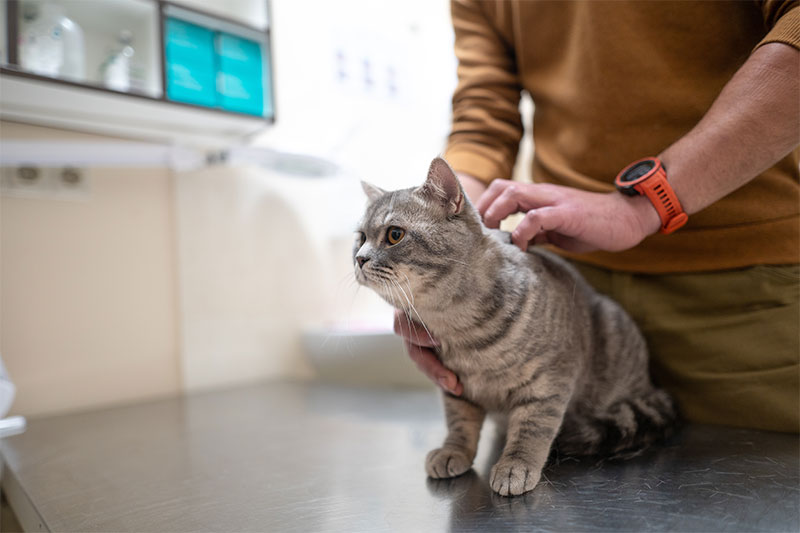
Taking Action: Spaying and Neutering for a Healthier Feline Community
It’s our collective responsibility to alleviate the suffering of feral cats. One significant step toward achieving this goal is by controlling the feral cat population through spaying and neutering. By ensuring that these cats are unable to reproduce, we can prevent the birth of countless kittens destined to face the same harsh realities.
Empowering Change: Join Us on National Feral Cat Day to Advocate Responsible Cat Ownership!
At Henderson Animal Hospital, we understand the importance of responsible cat ownership. Our experienced veterinarians specialize in spaying and neutering procedures, ensuring a safe and comfortable environment for your feline companions.
National Feral Cat Day is not just a day of awareness but a call to action. By understanding the common diseases afflicting feral cats and promoting responsible ownership, we can make a significant difference. Book an appointment at Henderson Animal Hospital today to have your cat spayed or neutered. Together, we can pave the way for a brighter future for all cats, domesticated and feral alike.
